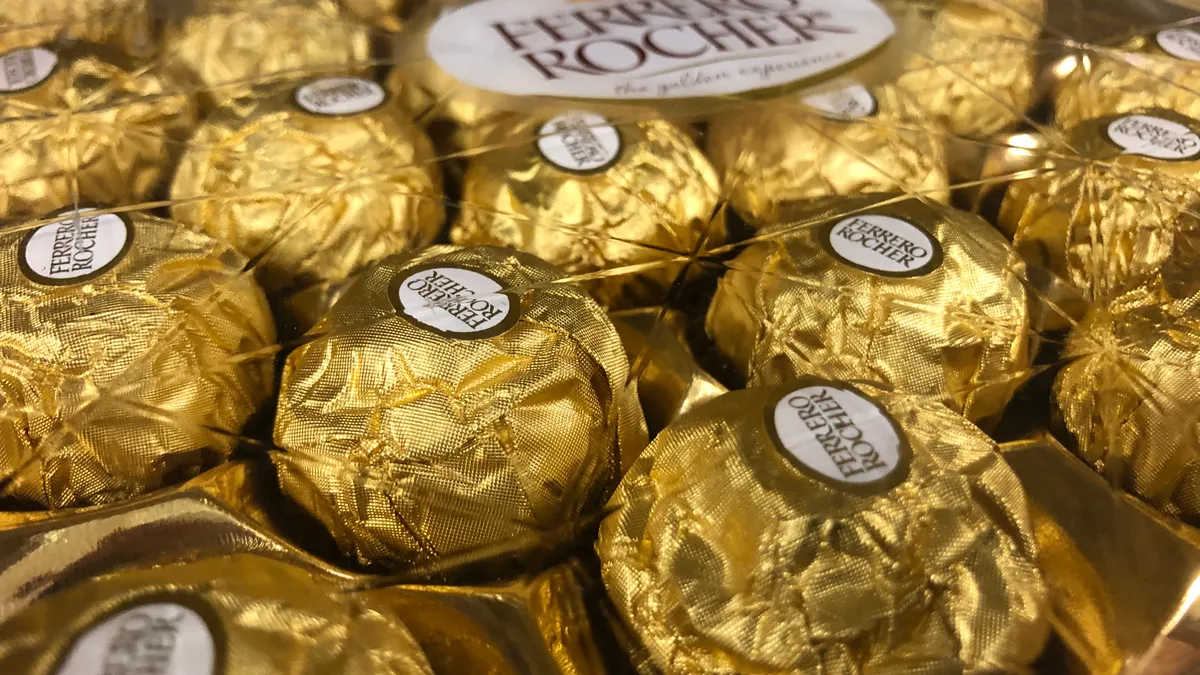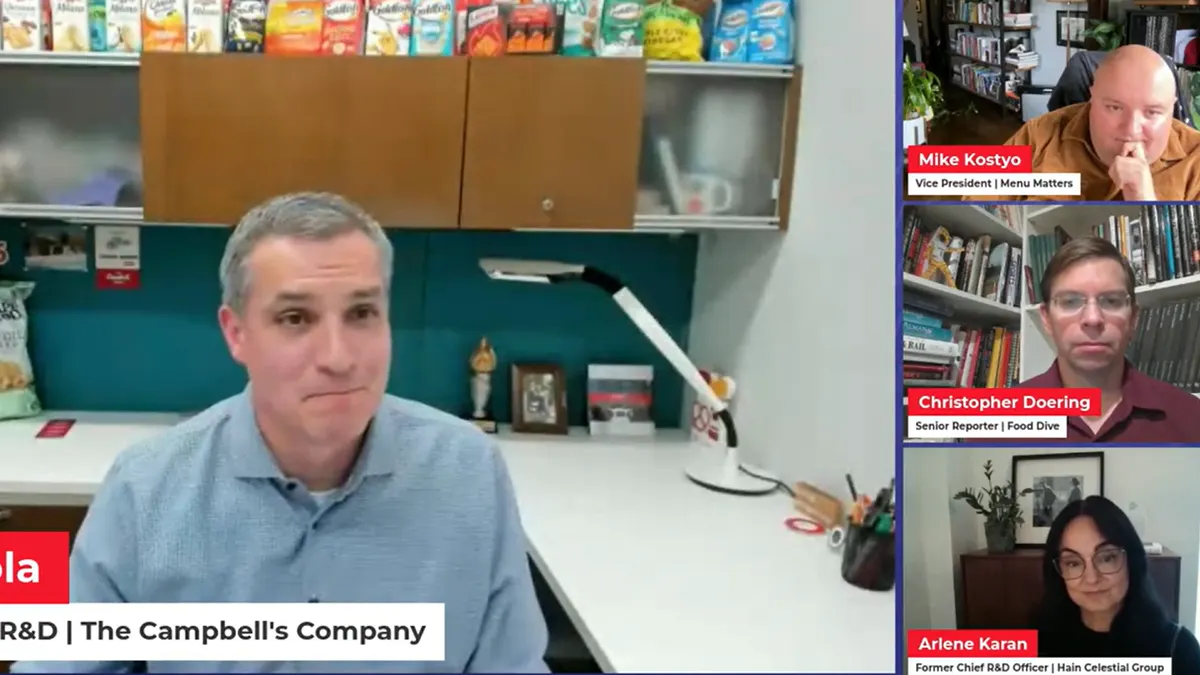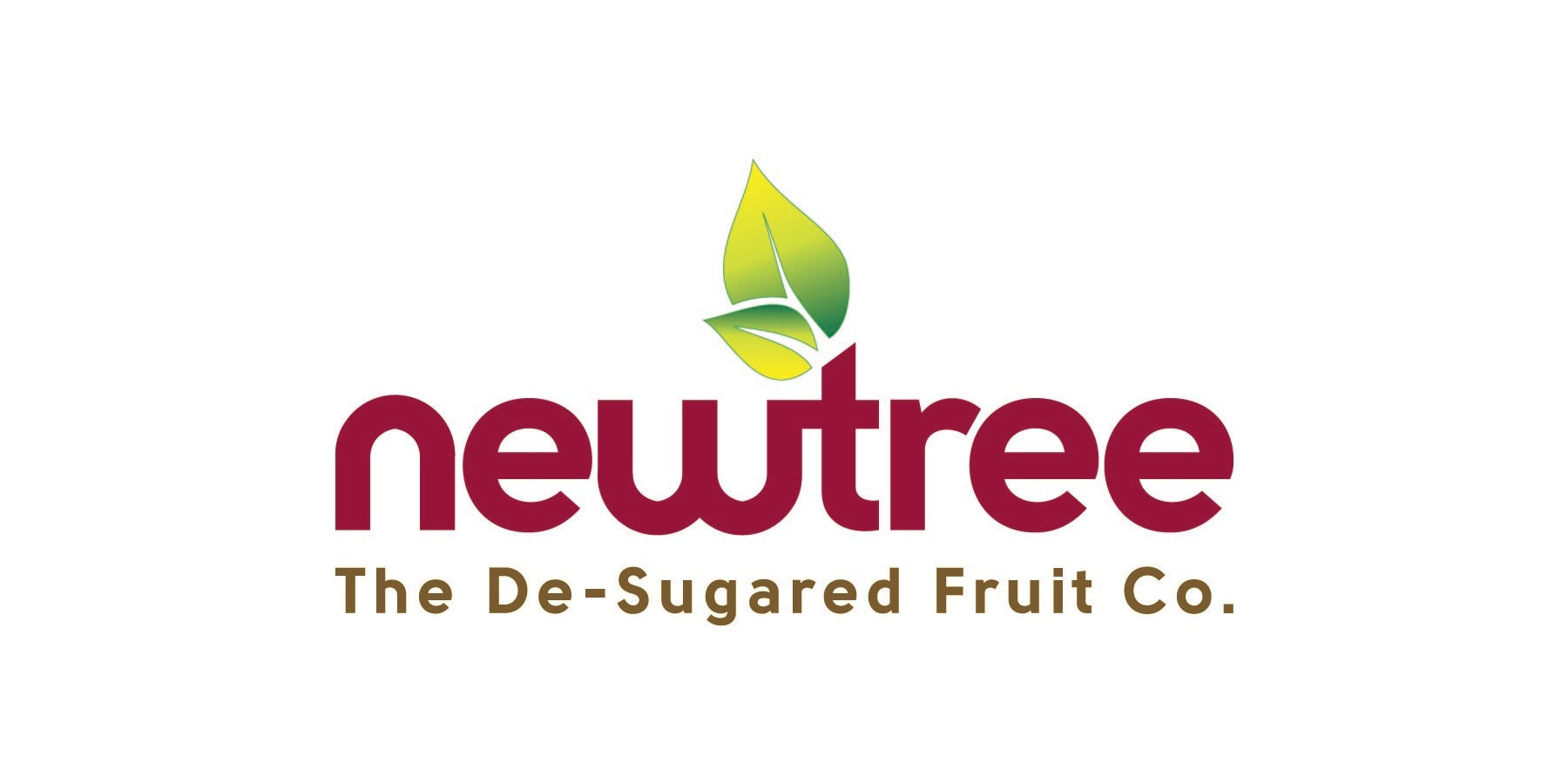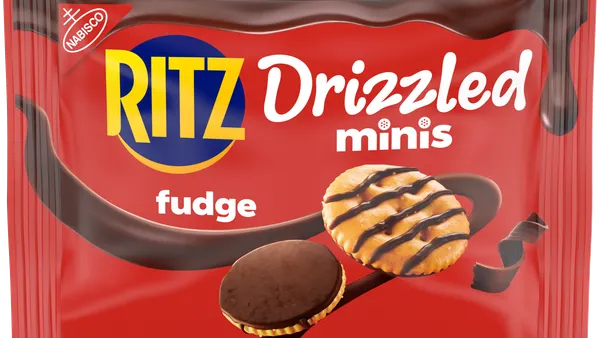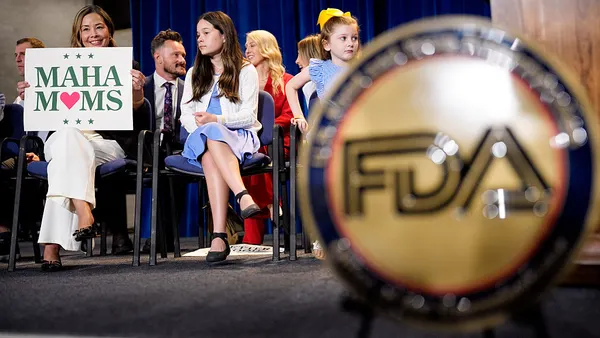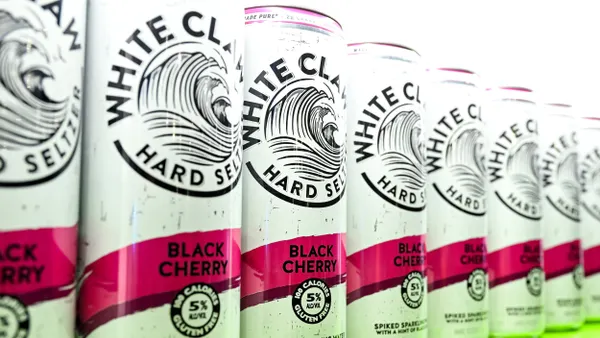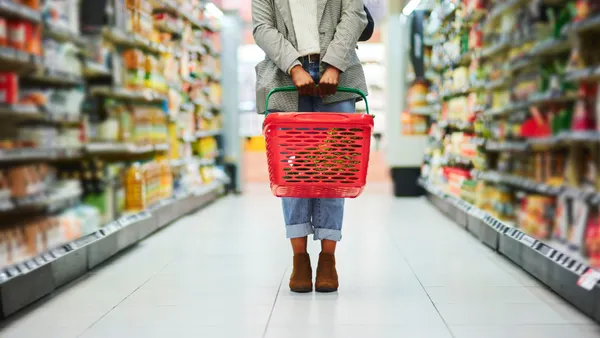Dive Brief:
- Some food companies are selling their IOUs because businesses that buy their products — including retail giants such as Walmart — are taking longer to pay, Bloomberg reported. The third-party sales may boost cash flow for the food companies, but critics say the move can make the businesses' books look better than they are as they face increased market pressures.
- Kellogg has been among those companies using the practice, Bloomberg reports. The cereal maker expanded its financing operations, and according to the article, it may borrow as much as $1 billion against company receivables this year — more than double the $350 million it borrowed against two years ago. Mondelez International and Kraft Heinz, which have used similar financing arrangements for years, are also selling more IOUs. In three years, Mondelez more than tripled borrowing against unpaid receivables — $804 million last year, up from $211 million at the end of 2014.
- Financial guru Warren Buffett, whose Berkshire Hathaway owns about a quarter of the shares of Kraft Heinz, has said that as brands weaken, retailers might feel they are gaining the upper hand. Because of that, they are taking longer to pay their bills, leading food companies to sell their IOUs to improve their financial picture.
Dive Insight:
Accounts receivable — or collecting money owed — is the basis of companies' cash flow. But when customers don’t pay their bills in a timely manner, it can have a significant impact on the suppliers' bottom line. Food companies have used this strategy to delay payments to their smaller producers, and now retailers are increasingly doing the same to food companies.
Giant retailers such as Walmart and Amazon have the size and clout to drag their feet on paying the food companies they buy from, and likely delay payments as a business strategy — not because they can’t afford to pay the bills. This gives companies the ability to maximize their cash on hand for business needs and make their operations appear healthier.
The trend could have harmful long-term implications if companies are using the strategy simply to make the finances look sunnier than they are. Borrowing against unpaid bills — which don't yet have money behind them — might lead to stock bubbles that could have harmful effects once they burst. It's one thing to know that Walmart will pay up, but another to fully expect a struggling retailer to do the same.
Some companies could already be facing a backlash from the practice. Prescience Point Capital Management issued a negative report on Kellogg, arguing the cereal maker has used accounting gimmicks to hide years of falling sales and poor performance. Following an investigation, the analyst — which has a stake in the company and stands to benefit if the stock price falls, a practice known as short selling — said Kellogg “effectively concealed a stuffed channel by selling and securitizing accounts receivables, thereby boosting cash flow from operations.”
Other CPG brands are likely using the accounting practice, too, especially as grocery retailers take longer to pay. Supermarkets have traditionally operated on razor-thin margins, and there's currently no real relief in sight. According to an IBISWorld analysis, the grocery industry is only expected to rise at a 0.8% annual growth rate through 2022. While megaplayers who are in the grocery industry, like Amazon and Walmart, can make up these low margins elsewhere, smaller players may be able to benefit from being able to show more money in their coffers — even though it's actually owed to someone else.



